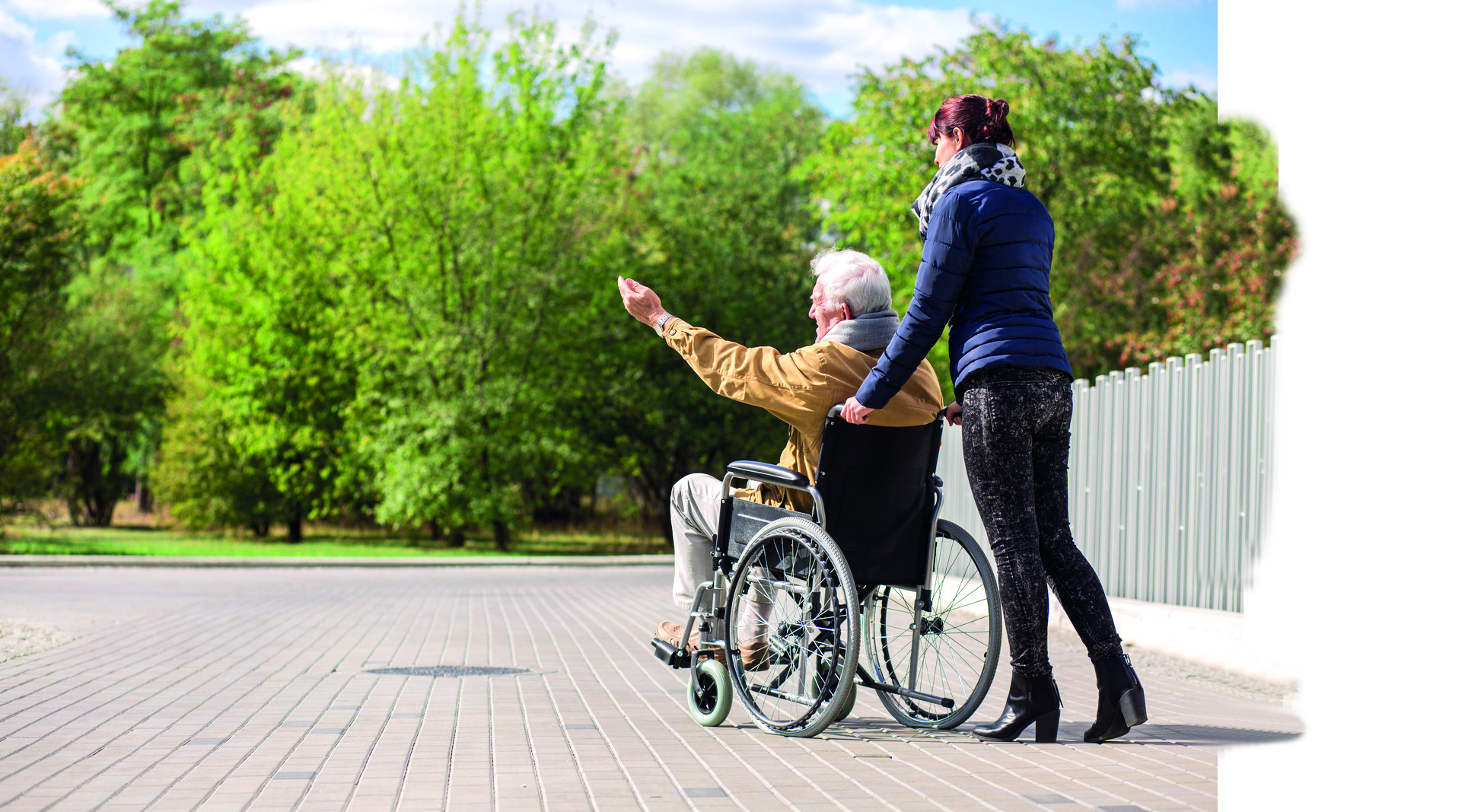By Caroline Tapp-McDougall
Being involved in family caregiving isn’t the easiest task for anyone, given its personal nature and inherent challenges. After all, the circumstances caregivers face are often difficult and stressful.
Let’s look then at things to think about and ways to stay as happy and healthy as possible while still providing the best care:
1. Watch for daily changes
This might well be a fragile period in your parent’s life. Changes can occur on a day-to-day basis, and behaviours may be inconsistent or hard to read. Don’t sweat the small stuff, but know that your parents may hide or cover problems to avoid worrying you. Be diligent and keep your eye out for things that signal all is not well, and be ready to get involved if necessary.
2. Walk the line
Knowing when to step in and when to leave well-enough alone is a sensitive issue that often ruffles feathers. There’s a delicate balance between encouraging and supporting independence and taking unnecessary risks. Often, adult sons and daughters straddle the line between what’s okay and what’s going to cause arguments or stress. Wise advice: Think before you blurt, and be strategic and considerate when approaching difficult topics.
3. Balance your time
Be open to doing things differently, and find a system that divides tasks into what you (and only you) can do and what you simply can’t handle. Then, delegate accordingly. Done well, this will reduce your stress and help you relax and focus other things that are important to you. Downtime and simple pleasures are not a luxury when you’re a busy caregiver.
4. Find a funny and share it
Studies have shown that there is a connection between having a sense of humour and the overall ability to cope with what life dishes out. Laughter is said to boost the immune system, cheer you up, improve your emotional state and even help you to put things into perspective. Having a good laugh has been compared to internal jogging when it comes to cardiac conditioning, and it has also been shown to improve gastrointestinal health and respiratory function. So, go ahead! Laugh about it.
5. Practice good sleep habits
Sticking to a sleep schedule will help you to stay fresh and be ready to tackle the day. By keeping your sleep/wake cycle synchronized and working on improving your sleep habits, you’ll be in better shape to handle the challenges that caregiving brings.
Try to go to bed and get up at the same time each day. If you feel you need to, build a 15–20 minute nap into your daily schedule shortly after lunch to help you stay more alert. Nix nightcaps because alcohol suppresses REM sleep and causes frequent awakenings. And the experts suggest that you put aside your phone and other electronic devices a while before bedtime, to get your mind ready for sleep.
6. Stay connected
Keeping up with friends and family can be hard to do, but it’s important. Loneliness can become toxic unless you have quality relationships where you can count on other people, according to Dr. Robert Waldinger, who directed a study on the subject. Isolation and loneliness are said to have the equivalent effect on health of smoking 15 cigarettes a day. Certainly worth thinking about for both yourself and your loved one.
7. Alleviate suffering
Do your best to keep your parent comfortable and pain free. Watch for bedsores, which can come with inactivity or sitting or lying in the same position for too long. Check bony spots such as the elbows, heels and buttocks. And don’t forget to keep your family doctor in the loop, even if only by phone or email. After all, help is usually only a call or an appointment away.
8. Plan visitors
Company is good for everyone, but spontaneous visits from friends are not always well timed. Plan social visits on days that are not filled with medical appointments or other activities. Be mindful of the noise and confusion that youngsters can cause and beware guests who overstay their welcome. The moral of the story…It’s better to pace both yourself and your mum or dad. But also remember that a visitor can take charge for a while, so you can go to the shops, run an errand or just have a few hours off.
9. Accept the challenges
Acknowledge that there will times when you’ll feel down, and think about what it is that’s bothering you. It’s okay to talk about your loss and realize that what is happening is not your fault. Look for support and help when you need it. Don’t be afraid to chat with friends and family about how you feel and possible solutions.
10. Know who to call for help
Make sure you have all of the necessary contact information for health team members, medical records, insurance papers, prescription information and legal papers, including health cards, advanced directives and living wills. When things are not going well, the last thing you will want to do is rummage around looking for papers and the information you need.
Simply put…
With one in four Canadians involved in caregiving activities, it’s easy to see why a lot of help, patience and wise advice is needed. Taking these on board can allow you to provide the finest care, avoid burnout and make caregiving for a loved one a more rewarding experience.













